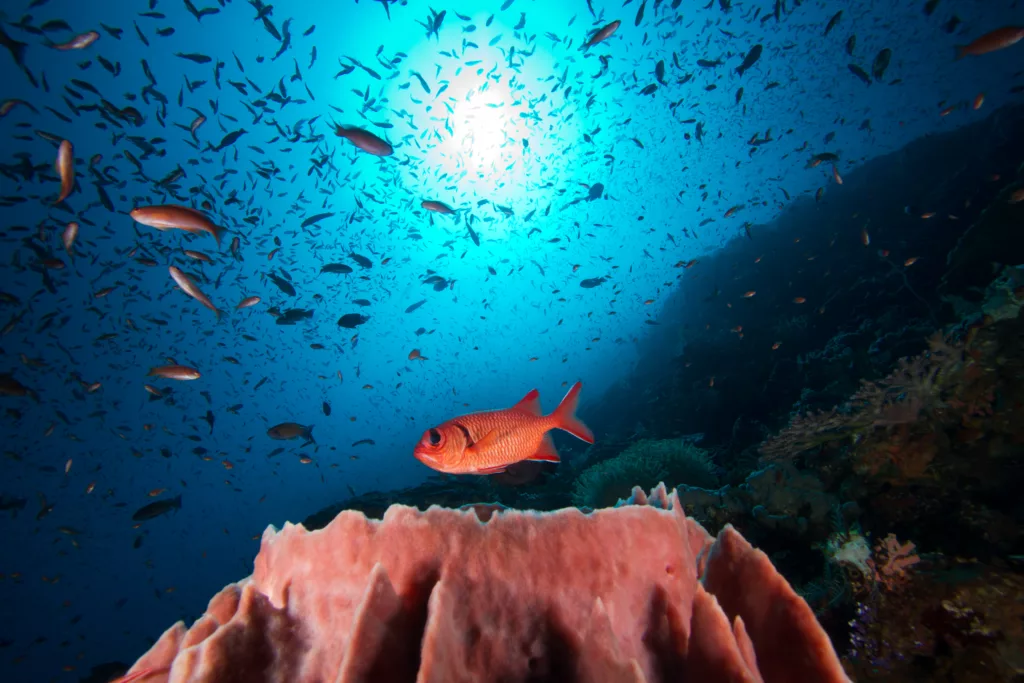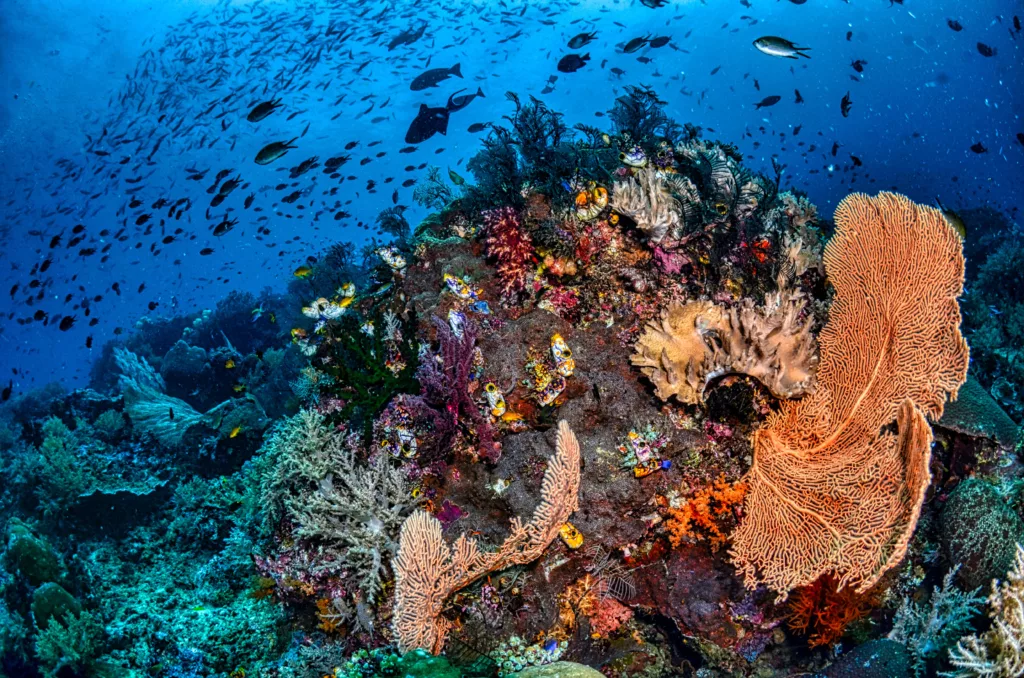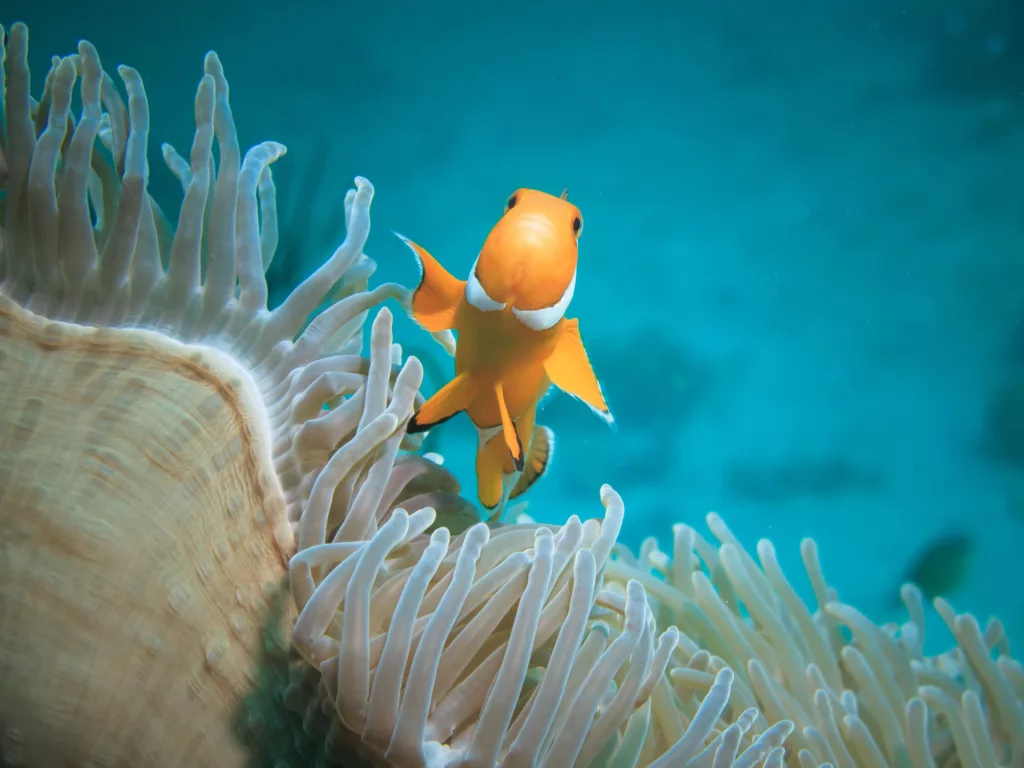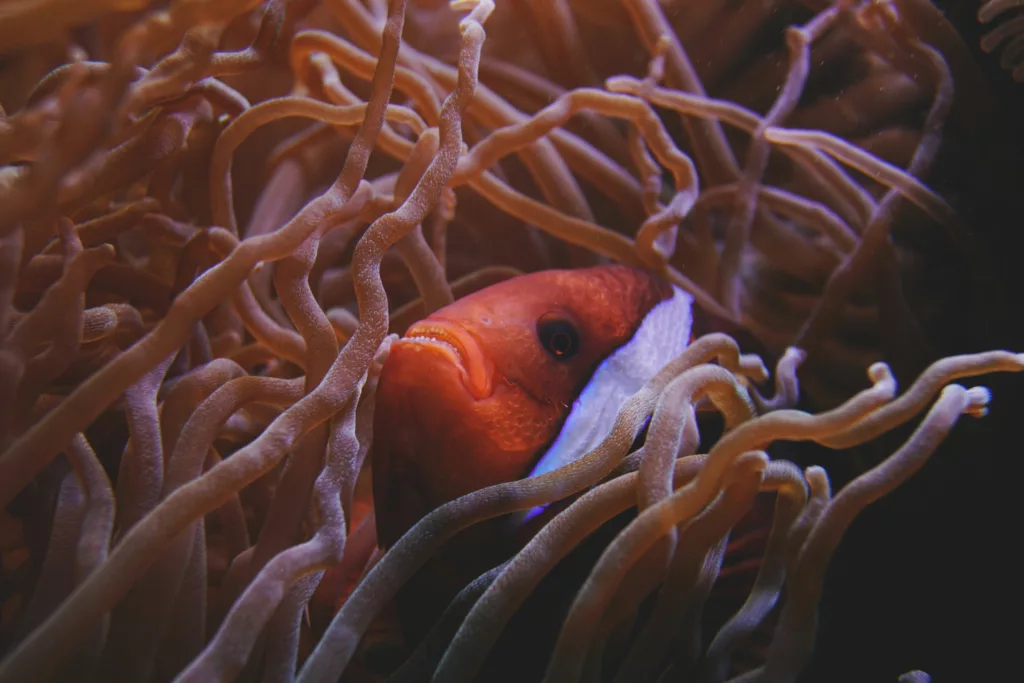Our oceans beckon with their uncharted mysteries and vibrant ecosystems, but they face unprecedented threats from pollution and environmental neglect. As guardians of this blue expanse, it’s crucial we step forward to protect these waters that hold so much life. Whether you’re a diving enthusiast or a shore admirer, everyone can contribute to the revitalization of our planet’s oceans. From simple daily actions to targeted conservation strategies, this post explores how to meld the thrill of underwater adventures in places like Bali with impactful conservation efforts.
1. The Last Straw: Embracing Alternatives to Single-Use Plastics
One of the simplest yet powerful ways to protect our oceans is by reducing our reliance on single-use plastics. The ban on plastic straws across many parts of the world is just the beginning. Opting for alternatives such as metal, bamboo, or paper straws can significantly decrease the amount of non-biodegradable waste in the ocean. This small change in your daily habits not only contributes to cleaner seas but also sets a precedent for greater environmental responsibility and sustainability. The adverse impact of plastic straws on marine life is well-documented, leading many to advocate for non-plastic options. These efforts are crucial in protecting marine biodiversity and counteracting the overwhelming pollution of the oceans. By embracing reusable or eco-friendly straws, individuals can take concrete steps towards sustainable living. It represents a shift in consumer habits and industrial practices, paving the way for wider legislative changes that prioritize ecological balance. Moreover, public acceptance and adoption of these alternatives demonstrate a growing environmental consciousness, reinforcing the importance of collective action in tackling one of the most pressing issues of our time.
2. Dive into Conservation: Scuba Diving with a Purpose

Scuba diving offers more than just an exhilarating experience; it can be a proactive way to aid in ocean conservation. Initiatives like coral restoration projects and ‘Dive Against Debris’ events allow divers in Bali and beyond to remove trash from the sea while enjoying the underwater wonders. By participating in such activities, divers become advocates for the marine environment, turning each dive into a mission of preservation and awareness. Must-visit dive sites often include programs that emphasize minimizing environmental impacts and supporting local conservation efforts. Furthermore, eco-conscious diving encourages practices that improve the health of underwater ecosystems. Participation in these programs not only helps protect marine environments but also raises awareness about the importance of marine conservation efforts, creating a knowledgeable community of divers who appreciate and respect the underwater world. These activities empower individuals to contribute directly to ocean health, inspiring a broader community engagement and fostering a deeper connection with nature.
3. Beach Clean-Up Campaigns: More Than Just Picking Up Trash

Organizing or participating in beach clean-up events is a direct action approach to conserve ocean health. These campaigns not only help remove waste from the coastline but also serve as a compelling educational tool for the community, highlighting the ongoing issues of marine pollution. These initiatives often lead to the discovery of the most polluted areas and provide data necessary for advocating for better waste management practices. They forge a community spirit and a collective endeavor towards clearer, cleaner oceans. Extended involvement in beach clean-ups can significantly impact the personal attitudes of participants, fostering a lifelong commitment to environmental stewardship. Regular clean-up events can galvanize local communities towards bigger environmental action, creating a foundational shift in how society addresses and perceives ocean pollution. These efforts serve as critical touchpoints for public education and activism, engaging people from all walks of life in meaningful conservation work that resonates with global environmental goals.
4. Sustainable Sea Travels: Eco-Friendly Practices While Exploring the Depths
When travelling to exotic locales for underwater adventures, such as diving in Bali, it’s vital to practice eco-friendly tourism. This includes choosing dive operators who respect and protect the local marine life, using reef-safe sunscreens, and ensuring that all diving gear is clean to avoid transporting invasive species. Sustainable travel practices ensure that the stunning dive sites remain vibrant and vital for future generations, making every trip an investment in environmental conservation. Emphasizing environmental responsibility, travelers and tourism operators can significantly contribute to the preservation of marine habitats. Such practices not only enrich the traveling experience but also foster a sustainable tourism industry that operates in harmony with nature. This cultivation of eco-friendly habits among tourists and operators alike plays a crucial role in the broader conservation of marine environments, ensuring that these precious ecosystems can thrive and be enjoyed by future explorers.
5. Advocacy and Education: The Ripple Effect of Ocean Literacy

Enhancing awareness and understanding of ocean issues is crucial. By engaging in advocacy, sharing knowledge about the marine environment, and supporting ocean conservation laws, you amplify the potential for change. Educational efforts can be as simple as sharing information about marine conservation on social media or as involved as hosting workshops and seminars. The key is to ignite a passion for marine protection in as many hearts and minds as possible, creating waves of change that will envelop our oceans with care and respect. This layered approach to conservation education allows individuals to become not only informed but also active participants in the stewardship of the marine environment. Through structured advocacy and education, communities develop a stronger appreciation and respect for the ocean, driving legislative and behavioral changes that align with sustainable practices and improved marine health. These educational undertakings are pivotal in cultivating a well-informed public that values and actively contributes to the preservation and restoration of our oceans.
Guardians of the Blue: Every Action Counts in Ocean Conservation
The journey to protect our oceans is sprawling and complex, yet filled with simple steps and exhilarating dives that can make a significant impact. From trading plastic straws for sustainable alternatives to diving with a purpose in the heart of Indonesia’s underwater paradises, every action contributes to the larger goal of ocean conservation. Embracing these activities, advocating for policies that protect our seas, and educating others can revitalize our oceans and ensure they remain vibrant and teeming with life for generations to come.


This is a fantastic and comprehensive guide to ocean conservation! I like how simple actions on our part can play a significant role in saving our oceans. Will definitely look into organized beach clean-ups around my area.
I love how this post highlights the importance of taking small steps towards ocean conservation. It’s true that every little bit counts, and I appreciate the suggestion to trade plastic straws for sustainable alternatives.
Dear Ling Wong, thank you for sharing your thoughts on our blog post about ocean conservation! We’re thrilled to hear that you appreciate the suggestion to trade plastic straws for sustainable alternatives. At Pebble and Fins, we believe that small actions can make a significant impact when it comes to protecting our oceans. If you have any more questions or would like to learn more about how you can contribute to ocean conservation efforts in Bali, please don’t hesitate to reach out to us at [email protected] or +62 857 3891 8262. We’d be happy to help! Best regards, Pebble and Fins.
I completely agree with the post’s emphasis on education and advocacy. It’s crucial that we raise awareness about ocean pollution and support conservation efforts to protect our oceans for future generations.
Thank you for sharing your thoughts, Ahmad! We’re thrilled to hear that our post resonated with you on the importance of education and advocacy in ocean conservation. At Pebble & Fins, we believe that every individual can make a difference by adopting sustainable practices, supporting local conservation efforts, and spreading awareness about marine pollution. If you’re interested in learning more about how you can contribute to ocean conservation, please feel free to reach out to us at [email protected] or +62 857 3891 8262. We’d be happy to provide you with more information on our initiatives and programs.
I’m a big fan of scuba diving, and I appreciate the post’s suggestion to practice eco-friendly tourism. It’s essential that we prioritize sustainability in our travel choices to protect the marine environment.
Thank you for sharing your thoughts, Nurul! We’re thrilled to hear that you’re a fan of scuba diving and appreciate our efforts to promote eco-friendly tourism. At Pebble & Fins, we believe that sustainable travel practices are essential in protecting the marine environment. Our resort is committed to reducing its environmental impact through initiatives such as dedicated training facilities for local staff and surrounding communities. We’d love to have you join us on this mission! If you’re interested in learning more about our sustainability efforts or would like to get involved, please don’t hesitate to reach out to us at [email protected] or +62 857 3891 8262. We look forward to hearing from you and working together towards a more sustainable future for our oceans.